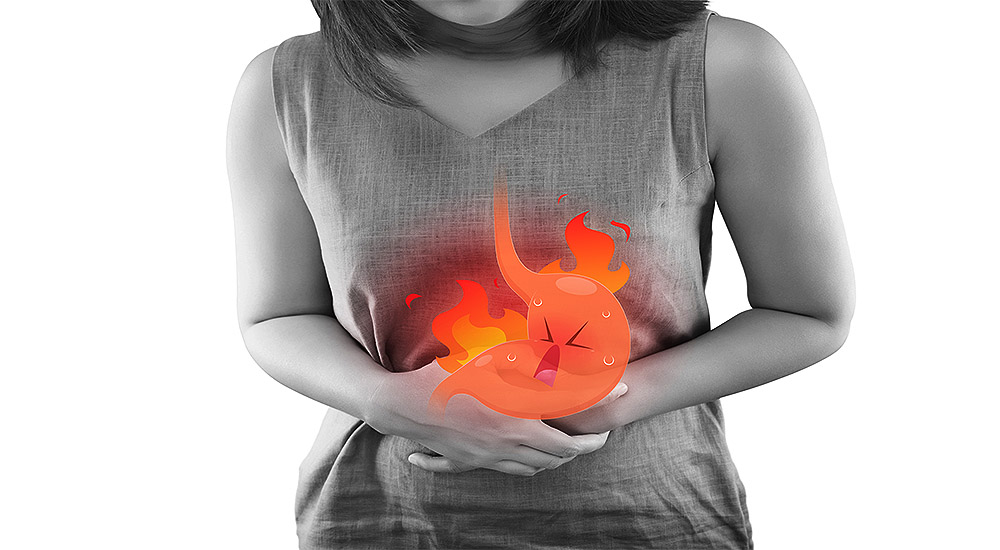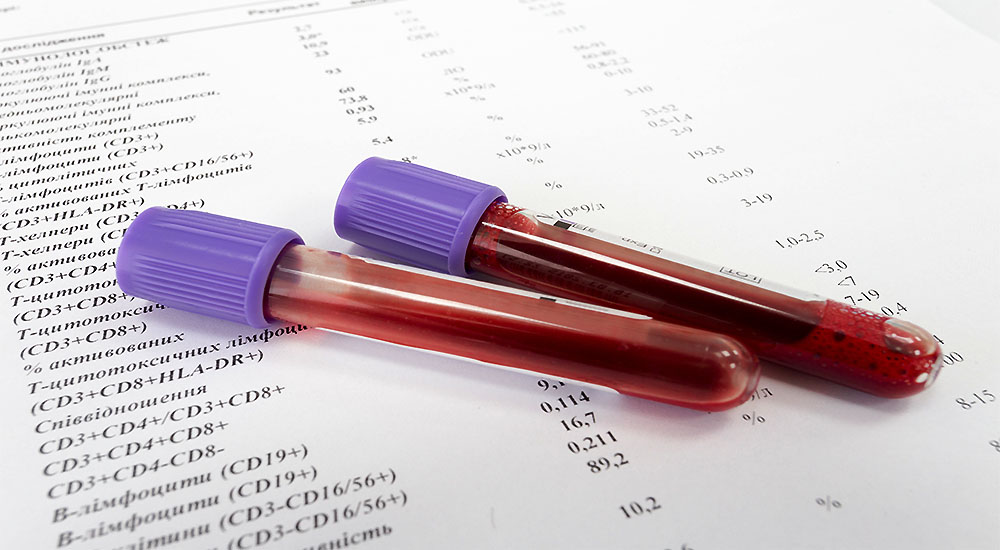Do You Have Non-Responsive Celiac Disease? What is the Cause?

What is Non-Responsive Celiac Disease?

Here’s What the Likely Cause Is for Most Cases
While that is the definition of ‘non-responsive celiac disease’, personally I haven’t run across it with my patients. What I have seen are patients with celiac disease who:
- Cheat on their diet knowingly. They have ‘bites’ of things containing gluten now and again.
- Cheat on their diet lazily. They ‘try’ but when they go out to eat or to a party they don’t ensure that something is gluten-free before eating it.
- Cheat on their diet unknowingly. Due to poor education or confusion about where gluten can ‘hide’, they eat, drink, or consume a medication that has gluten on a somewhat regular basis.
- Do not receive assistance from their doctor to handle the secondary effects of gluten. These include things such as a. Having cross-reactive food reactions. Having intestinal infections. Having a poor balance of good bacteria (probiotics) in the gut. Having a nutrient deficiency. Having a toxicity problem. Having a hormonal imbalance
Most of a-f above require a laboratory test to determine. These are all tests that we utilize here at Root Cause Medical in our clinical nutrition department, so feel free to contact us for more information. Due to a large number of patients we see who are gluten intolerant, I’ve always wondered if my theory of cheating would be born out in a research study.
Research Agrees with My Suspicion Regarding Cause
Alas, someone finally did just that, and here are the results. The study was published in the World Journal of Gastroenterology in March 2012, and the team of researchers who hailed from a Gastroenterology Center in London set out to discover the most likely reasons underlying persistent symptoms of celiac disease, despite a gluten-free diet. The findings of 112 patients with non-responsive celiac were quite interesting. Ten percent were found not to have celiac disease. No wonder a gluten-free diet wasn’t working to relieve their symptoms!
Of the remaining group of 100, nearly half were not following a strict gluten-free diet, as I suspected. Of that group, half were consuming gluten due to ignorance, while the remaining half was knowingly cheating. The rest of the group was made up of patients who predominantly fell within what I described above as the secondary effects of gluten. They had colitis (inflammation of the colon) or bacterial overgrowth of their small intestine. Both these conditions are typically handled by addressing one or more of the factors I mentioned above in #4.
Of the total group properly diagnosed with celiac disease, only 9% were found to have refractory celiac disease and 3 of these patients were later diagnosed with cancer, intestinal lymphoma to be precise, a known sequel to poorly managed celiac disease.
Refractory celiac disease is a term that means a patient continues to have the symptoms of celiac disease despite having ruled out any other possible causes, but it may be that the ‘ruling out’ process was not comprehensive enough.
The take-away from this study was that in over 90% of the patients given the label of non-responsive celiac disease, a true cause WAS found for their symptoms – they weren’t destined to be ill with no treatment available other than dangerous drugs that would only suppress their symptoms. Only 9% truly had refractory or non-responsive celiac, and over half of them had cancer at the time the study was performed.
Real Help is Available
My conclusion is that if you have been diagnosed with celiac disease or gluten sensitivity, and you continue to have symptoms, know that there is a very strong likelihood that a cause can be found and you don’t have to continue to suffer. It turns out that only a rare few actually have a condition that warrants being called non-responsive or refractory. Do you know of anyone with this diagnosis? Do you know of anyone who continues to suffer from symptoms despite following a gluten-free diet? Please share this post with them and know that I’m here to answer any questions.
Do you need help with your health?
We have the diagnostic and testing tools, the clinical experience, and a different medical approach to discovering the root cause of why you have the symptoms that are bothering you. As long as you are ready to make some dietary and lifestyle changes, we can help you. We will "hold your hand" through the changes, step by step, to make each step an easy one. We are located in Clearwater, FL, at 1000 S Ft Harrison, at the corner of Ft. Harrison Ave. and Magnolia St. There is plenty of parking space directly accessible from Ft Harrison. If it is not convenient for you to come to Root Cause Medical Clinic, we offer telehealth/telemedicine consultations to residents of certain states. Call us for details.
Contact us for a Consultation – Call 727-335-0400

Dr. Vikki Petersen DC. CCN
Founder of Root Cause Medical Clinic
Certified Functional Medicine Practitioner
Dr Vikki Petersen is a public speaker, author of two books, several eBooks and creates cutting edge content for her YouTube community. Dr Vikki is committed to bringing Root Cause Medicine and its unique approach to restoring health naturally to the world.
Ask a Doctor
Have a health concern you'd like to speak with a doctor about? Or just want clarity on a subject? Ask Us!


